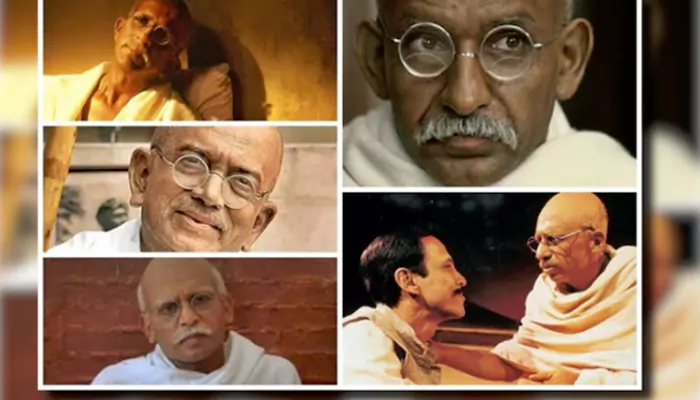Happy Birthday, Ridhi Dogra: From Daily Soaps to ‘Asur’, A Story of Smart Reinventions
- Sanchari Das
- 4 months ago
- 4 minutes read

From television stardom to layered roles on OTT and film, her path is one of reinvention
Birthdays are often moments of pause. They allow us to look back, to weigh journeys, and to honour the courage it takes to keep evolving. For Ridhi Dogra, whose birthday falls on 22 September, the pause is especially meaningful. She has transitioned steadily from the world of television soaps into the more complex realms of digital series and cinema. At every step, she has chosen reinvention over comfort. Her story is less about chasing fame and more about defining identity on her own terms.

Finding Her First Stage
Before the spotlight of acting found her, Ridhi’s world was dance. A student of the Shiamak Davar Institute, she learned discipline, rhythm, and the joy of performance. Alongside her academic path in psychology gave her a deeper understanding of people—their fears, desires, and fragile insecurities. These early chapters prepared her for an acting career rooted not just in glamour, but in insight. Even before she stood before the camera, she learned production behind the scenes at Zoom TV. The foundation was quiet, but solid.

The Television Years
Ridhi first appeared in Jhoome Jiiya Re in 2007. What followed was a series of roles that allowed her to experiment with both light and shade. As Priya in Maryada: Lekin Kab Tak?, she brought strength to a character caught in social battles. Later, as Nisha in Woh Apna Sa, she ventured into darker spaces, portraying a woman consumed by contradictions. Indian television often rewards familiarity, but Ridhi sought depth. Her performances suggested a restlessness—a need to stretch beyond type.

Beyond Scripts: The Reality Stage
Reality shows added another layer. In Nach Baliye 6 and Khatron Ke Khiladi 6, she was not shielded by scripts. Here, the audience saw her as she truly was: competitive, vulnerable, resilient. These appearances may not have defined her craft, but they deepened her connection with viewers. They reminded audiences that beneath the polish of character lies an artist unafraid of challenge.

The Digital Reinvention
The leap from television to OTT platforms became a turning point. In Asur, Ridhi’s role as Nusrat unfolded in a darker, cerebral narrative. It was a departure from the melodrama of soaps—subtle, controlled, and quietly haunting. Soon after, The Married Woman placed her at the heart of an intimate, questioning story about identity, marriage, and love. These roles showed what she had always hinted at: that she thrives when the writing is layered, when silence speaks as loudly as dialogue.
A Measured Step into Films
Cinema, for Ridhi, came later, and with careful choices. She appeared in Lakadbaggha, a gritty action tale, before stepping into the high-profile universe of Jawan and Tiger 3. In Jawan, she played Shah Rukh Khan’s mother, a role that surprised many. But Ridhi chose it deliberately, reminding the industry that an actor’s worth is not measured in age or glamour. Her choices speak to a different kind of ambition: not the pursuit of visibility, but the quest for meaningful work.
The Woman Behind the Roles
Her life off-screen has shaped her as much as her roles. She speaks candidly about self-worth, about walking away from compromises, about the importance of financial independence. These reflections bring honesty to her public voice. In a field that often celebrates surface, Ridhi insists on substance. She demonstrates that growth in art is inextricably linked to growth in life.
A Legacy Still Unfolding
At forty, Ridhi Dogra stands at a promising midpoint. She has already proven her resilience on television, her depth on OTT platforms, and her courage in cinema. Yet, the sense is that her best chapters are still ahead. What remains constant is her instinct to choose carefully, to work with dignity, and to reinvent without losing her core.












